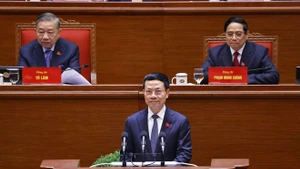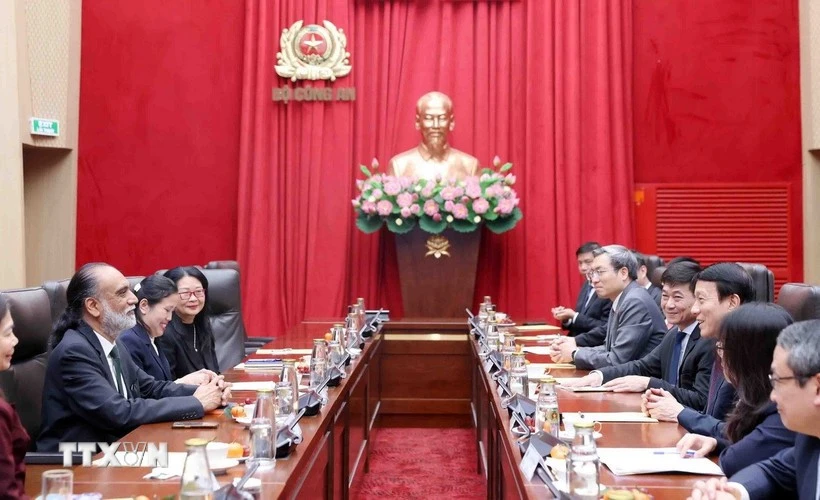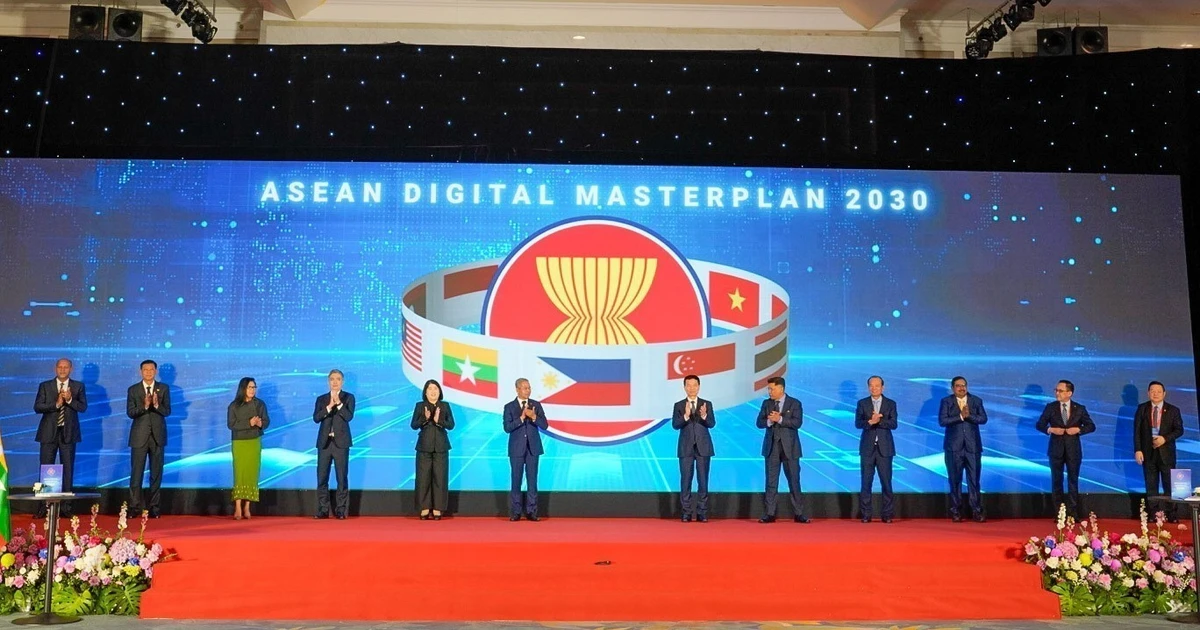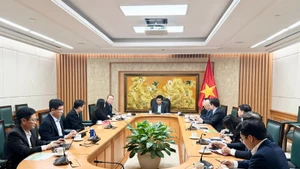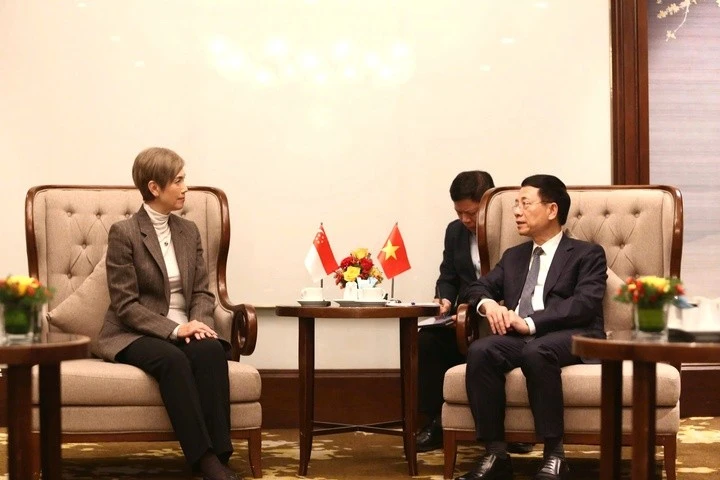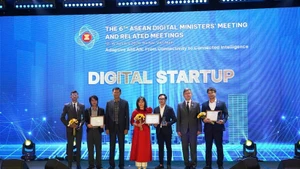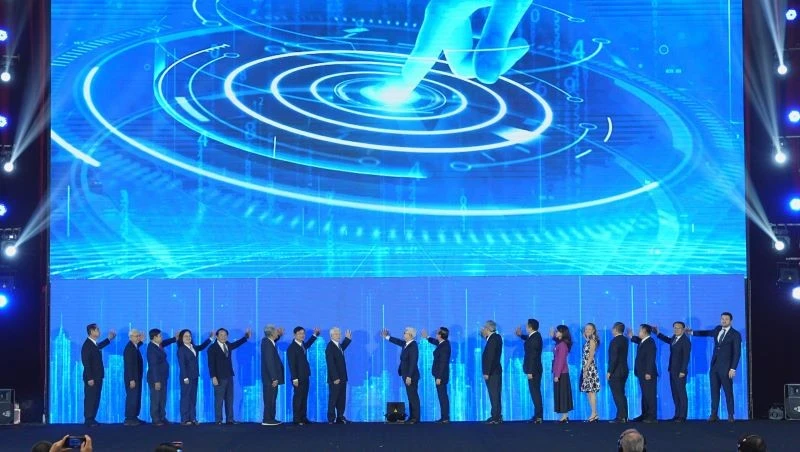The Ministry of Science and Technology has proposed renaming the Law on Science and Technology to the Law on Science, Technology, and Innovation to expand its scope from science and technology activities to encompass science, technology, and innovation.
The 2013 Law on Science and Technology lacks a comprehensive policy framework to regulate and promote the development of national, regional, and sectoral innovation systems. These systems play a crucial role in fostering linkages between different components of the innovation ecosystem, enabling scientific research and technological development outcomes to be transformed into value-added products, goods, and services that can be entered into the market.
The development of the Law on Science, Technology, and Innovation aims to positively, effectively, and efficiently impact scientific research, technological development, and application activities. This, in turn, will drive economic growth, ensure national security and safety, and position science, technology, and innovation as true driving forces for the country’s industrialisation and modernisation.
The draft Law on Science, Technology, and Innovation consists of 14 chapters and 83 articles. Some notable new provisions include clarifying the structure of the science and technology organisational system; introducing principles for accepting risks and delays in scientific research and technological development; and expanding the scope of human resources engaged in science, technology, and innovation activities.
One of the groundbreaking provisions is that individuals engaged in scientific research and technological development within public science and technology organisations are allowed to establish and manage businesses to commercialise research outcomes generated by their organisations. Additionally, they will be periodically assigned to work at research and development institutions, higher education institutions, enterprises, and other organisations for a set period to facilitate academic exchange, enhance their capabilities, and better understand technological demands.
During their tenure at these institutions, they will retain their salary, career planning status, appointments, and rewards from their public science and technology organisations. This regulation aims to strengthen the link between the research sector and businesses, thus helping enterprises to improve their technological capacity while also connecting research with real-world applications and promoting the commercialisation of research outcomes.
Currently, enterprises serve as the primary driving force in applied research and technological innovation. In addition to state budget investments, there is a growing presence of social investment in science, technology, and innovation.
Therefore, the draft law includes several provisions to promote innovation within enterprises, such as: a controlled experimental mechanism to establish a legal framework for testing new technologies that are not yet regulated or are currently restricted by law; the State's priority procurement of products resulting from research, development, and innovation activities in enterprises to stimulate scientific, technological, and innovative efforts; and encouraging the formation of innovative startups by leveraging scientific research and technological development results through specific incentives and support policies.
Minister of Science and Technology Huynh Thanh Dat emphasised that science, technology, innovation, and digital transformation are advancing rapidly, playing an increasingly significant role, and are expected to become new growth drivers. These advancements align with the goal set by the 13th National Congress of the Communist Party of Vietnam (CPV) to make Vietnam a developed country by 2045.
On December 22, the Party General Secretary signed and issued the Politburo’s Resolution No.57-NQ/TW, focusing on breakthrough development in science, technology, innovation, and digital transformation.
Thus, the Law on Science, Technology, and Innovation must closely follow and institutionalise the Party’s guidelines, and the state's policies and laws with strong and practical regulations that align with Vietnam’s realities while moving toward international best practices.
Minister Huynh Thanh Dat also noted that the development of this law should be based on key principles, including expanding the scope and coverage of the law to include the non-public sector, fostering scientific research, technological development, and innovation to contribute more effectively to socio-economic growth; streamlining the organisational structure to focus investment on enhancing the capabilities of public science and technology institutions and research and development organisations; attracting and appreciating high-quality human resources to strengthen Vietnam’s scientific and technological workforce; enhancing collaboration between research institutes, universities, and businesses to promote commercialisation and application of research; encouraging private investment in science, technology, and innovation beyond state budget funding; and strengthening decentralisation, delegation of authority, and administrative simplification in state management of science and technology.
Some scientists have suggested that the draft law should include provisions reaffirming the new role and strategic position of science, technology, and innovation, recognising them as fundamental principles of the law. Additionally, special public research and development institutions should be provided with dedicated mechanisms and policies to facilitate their stronger development in the coming period.
From the perspective of a business, a representative from Viettel Group stated that the draft law would create a more open and flexible mechanism, simplifying the approval and implementation processes for scientific and technological projects. This is expected to significantly accelerate enterprise growth, especially amid the nation’s ongoing digital transformation.
The Ministry of Science and Technology has announced plans to hold working sessions with relevant ministries, sectors, and stakeholders to further clarify key aspects of the draft law. At the same time, the ministry emphasised its commitment to incorporating valuable feedback to refine the draft, ensuring its feasibility and alignment with practical realities.



